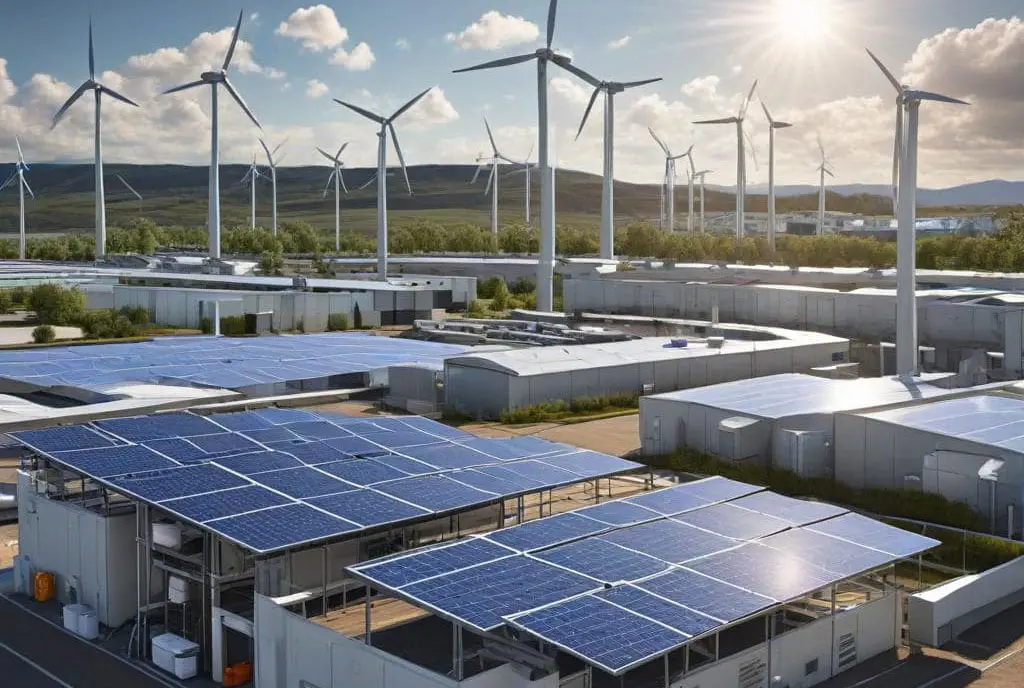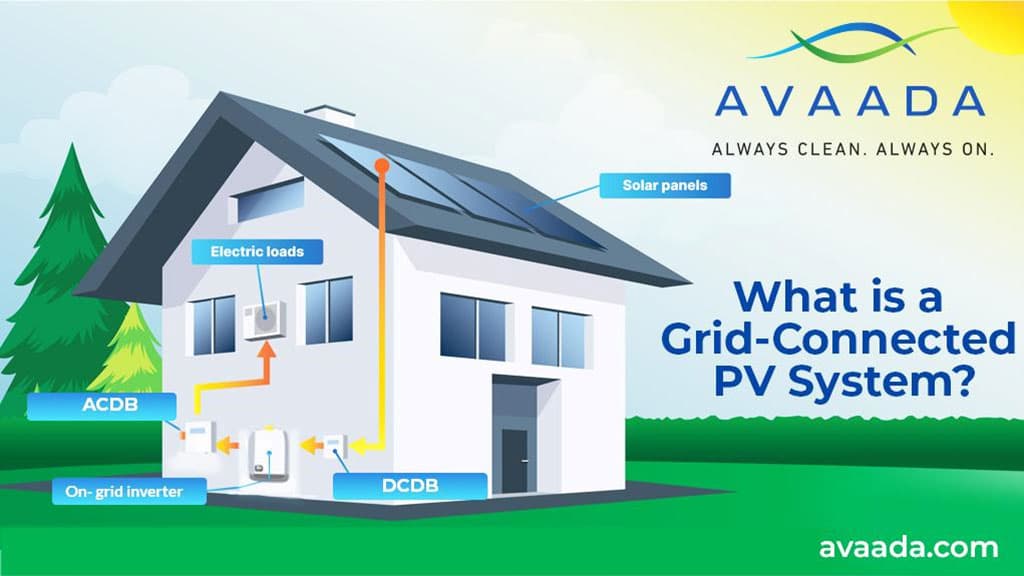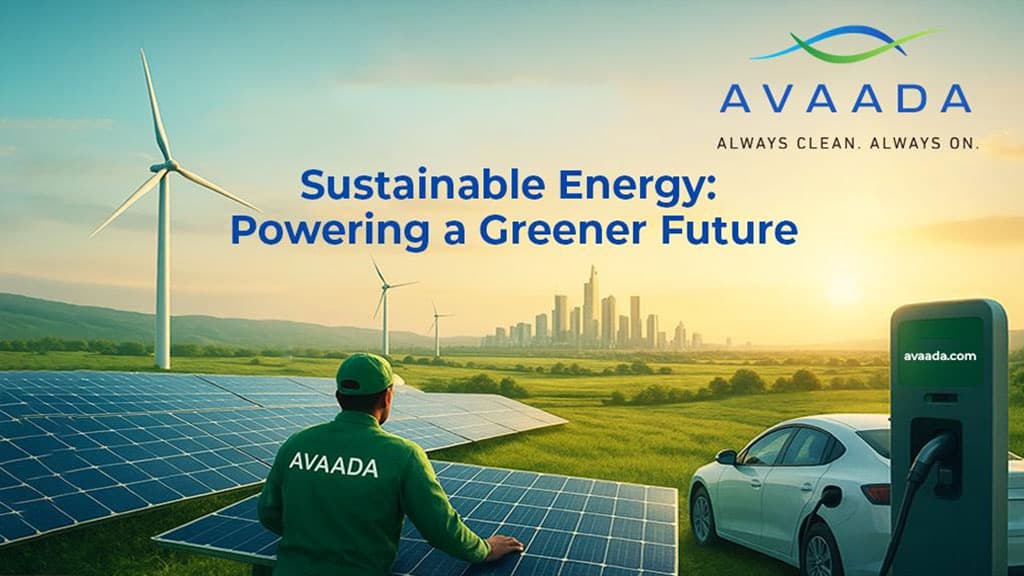As the world faces an urgent need for sustainable energy solutions, hybrid power systems have emerged as a possible solution. These systems, which combine several power generating sources, provide a balance of dependability, efficiency, and environmental benefits, making them particularly appealing for commercial and industrial applications. In this article, we will look at the concept of hybrid power systems, including its multiple benefits, as well as successful installations and current advances around the world.
What is a Hybrid Power Plant?
Hybrid power systems combine many power generating sources, such as solar, wind, and, in certain cases, fossil fuels, to provide a consistent and efficient energy supply. These systems are intended to maximise energy production while reducing reliance on a single power source, which is critical for commercial and industrial applications with high and unpredictable energy demands.
Benefits of Hybrid Power Systems
Energy Security and Reliability
One of the key advantages of hybrid power systems is their ability to provide consistent and reliable electricity. This is especially crucial for businesses that cannot afford operational downtime. For example, BioteCH4, a commercial food waste management company based in the United Kingdom, deployed a microgrid/hybrid co-location solution. This integration has provided a consistent energy supply, thereby improving both energy security and operational efficiencies.
Sustainability and Environmental Impact
Hybrid power systems minimise carbon emissions greatly by combining renewable energy sources such as solar and wind. This not only helps businesses comply with regulatory standards, but it also contributes to a more sustainable future. The Pearl River Tower in Guangzhou, China, is an excellent example of this. The building employs a hybrid power system that combines solar and wind energy, resulting in significant reductions in energy costs and carbon emissions.
Flexible and adaptable
Hybrid power systems are highly adaptable and can be tailored to specific energy requirements, making them ideal for a variety of commercial and industrial applications. They can be customised to incorporate a variety of renewable sources based on location and operational requirements. This versatility helps that enterprises meet their energy objectives efficiently.
Innovation and Future Growth
Recent advances in the hybrid power sector illustrate the industry’s continued innovation and growth. For example, novel hybrid power systems that combine wind energy with hydrogen generation are being investigated. These technologies provide cleaner and more efficient energy solutions, pushing the limits of what is feasible in sustainable energy. Furthermore, the global hybrid power system market is predicted to expand at a CAGR of 10.4% between 2023 and 2028, suggesting rising demand for such sustainable energy solutions.
Recent News & Innovations
The hybrid power sector is always evolving with new technology and projects:
Wind-Hydrogen Systems: A new hybrid power system that combines wind energy and hydrogen synthesis has emerged, providing a cleaner and more efficient energy source. This innovation tackles the intermittent nature of renewable energy sources by converting excess wind power into hydrogen that can be stored and used as needed.
Solar-Diesel Hybrid Systems: In distant areas with inadequate grid connectivity, solar-diesel hybrid systems provide a dependable energy source. These systems use solar energy during the day and switch to diesel generators at night or during cloudy weather to ensure a constant power supply.
Gujarat Toolroom: Gujarat Toolroom recently revealed plans to build a hybrid solar-wind power facility. This unique project attempts to use the complimentary qualities of solar and wind energy to produce a reliable and cost-effective power supply, reflecting the growing trend of hybrid energy solutions in industrial settings.
Avaada: A unit of Avaada Group, announced that it has won a 250 MW solar-wind hybrid power project in a 1 GW tender issued by NTPC. It secured the capacity with a competitive tariff of INR 3.47 ($0.042)/kWh. The project can be set up anywhere in India and must connect to the ISTS, ensuring seamless energy delivery across regions.
Conclusion
Hybrid power systems provide a long-term and efficient option for commercial and industrial applications. By merging multiple power generation sources, these systems provide energy security, lower carbon emissions, and cost savings. The numerous successful installations and ongoing advancements in the hybrid power industry demonstrate the systems’ potential to revolutionise global energy landscapes. As the hybrid power market expands, we can expect to see more innovative solutions and effective implementations that contribute to a greener, more sustainable world.









